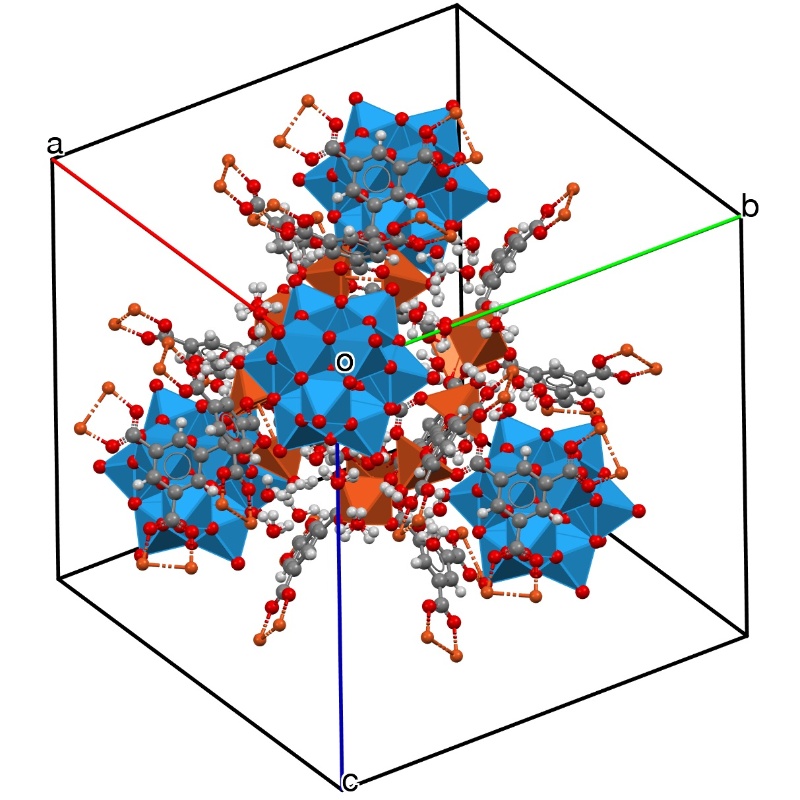Transition metal chemistry
Main group chemistry
Coordination chemistry
Applications of chemistry for renewable energy and the environment
The chemistry of alkali- and alkali-earth metals
F-block chemistry
CK2020 Advanced Inorganic Chemistry 7.5 credits

The chemistry of the elements follows predictable trends throughout the periodic table. This course guides students through the reactivity and properties of the elements from the perspective of electronic structure and bonding. An emphasis is placed on transition-metal and main-group chemistry. Students will learn about the role of coordination chemistry in renewable energy (batteries, solar energy, and magnets) and environmental applications.
Information per course offering
Choose semester and course offering to see current information and more about the course, such as course syllabus, study period, and application information.
Information for Autumn 2026 Start 26 Oct 2026 programme students
- Course location
KTH Campus
- Duration
- 26 Oct 2026 - 11 Jan 2027
- Periods
Autumn 2026: P2 (7.5 hp)
- Pace of study
50%
- Application code
10091
- Form of study
Normal Daytime
- Language of instruction
English
- Course memo
- Course memo is not published
- Number of places
Min: 12
- Target group
- No information inserted
- Planned modular schedule
- [object Object]
- Schedule
- Schedule is not published
- Part of programme
- No information inserted
Contact
Course syllabus as PDF
Please note: all information from the Course syllabus is available on this page in an accessible format.
Course syllabus CK2020 (Autumn 2024–)Content and learning outcomes
Course contents
Intended learning outcomes
Upon completion of the course the student will be able to:
- summarize periodic trends from the elements including electronic structure, bonding, reactivity, and other physical properties, as well as, use that knowledge to determine reaction products.
- evaluate literature on inorganic chemistry
- generate and analyze experimental data in a practical laboratory.
Literature and preparations
Specific prerequisites
Finshed degree project 15 credits, 75 credits in chemistry or chemical engineering, English B/6.
Literature
Examination and completion
Grading scale
Examination
Based on recommendation from KTH’s coordinator for disabilities, the examiner will decide how to adapt an examination for students with documented disability.
The examiner may apply another examination format when re-examining individual students.
If the course is discontinued, students may request to be examined during the following two academic years.
Other requirements for final grade
Final examination (TEN1; 6.5 points)
Written exam
Practical laboratory (LAB1; 1.0 point)
The final grade is the same as the grade on the written exam.
Examiner
Ethical approach
- All members of a group are responsible for the group's work.
- In any assessment, every student shall honestly disclose any help received and sources used.
- In an oral assessment, every student shall be able to present and answer questions about the entire assignment and solution.